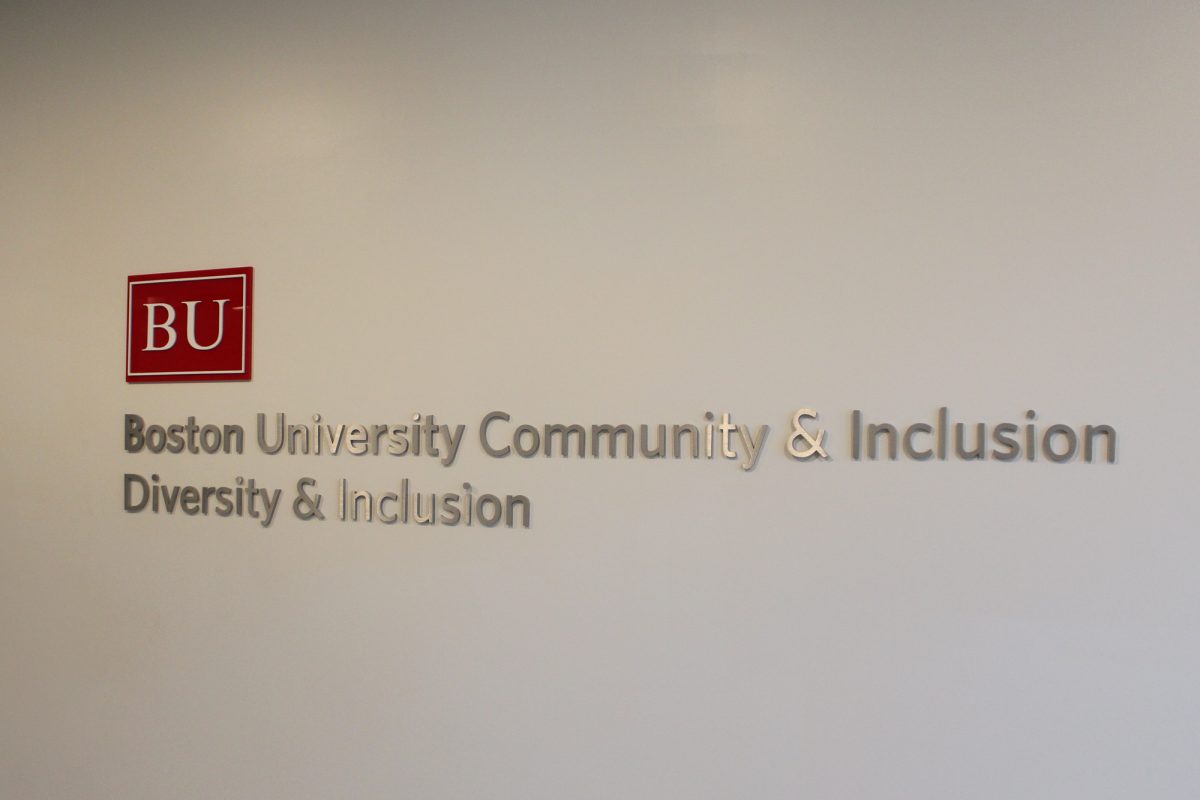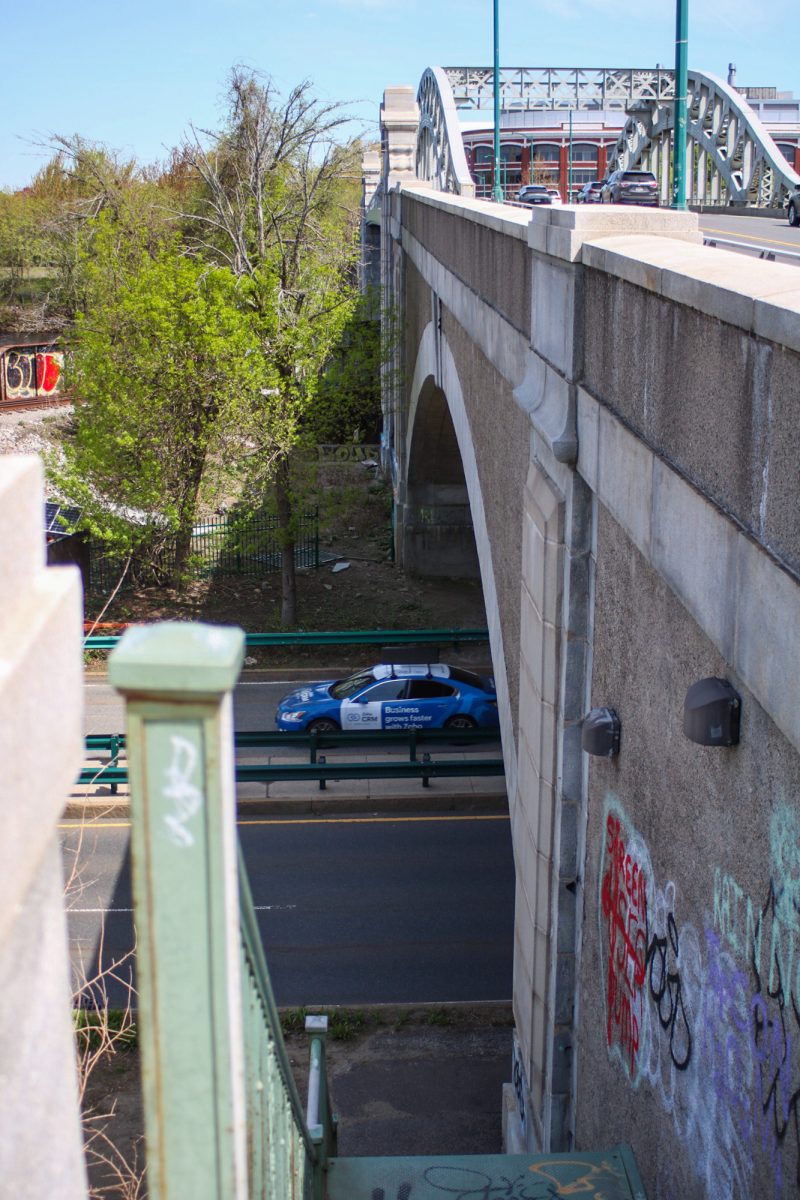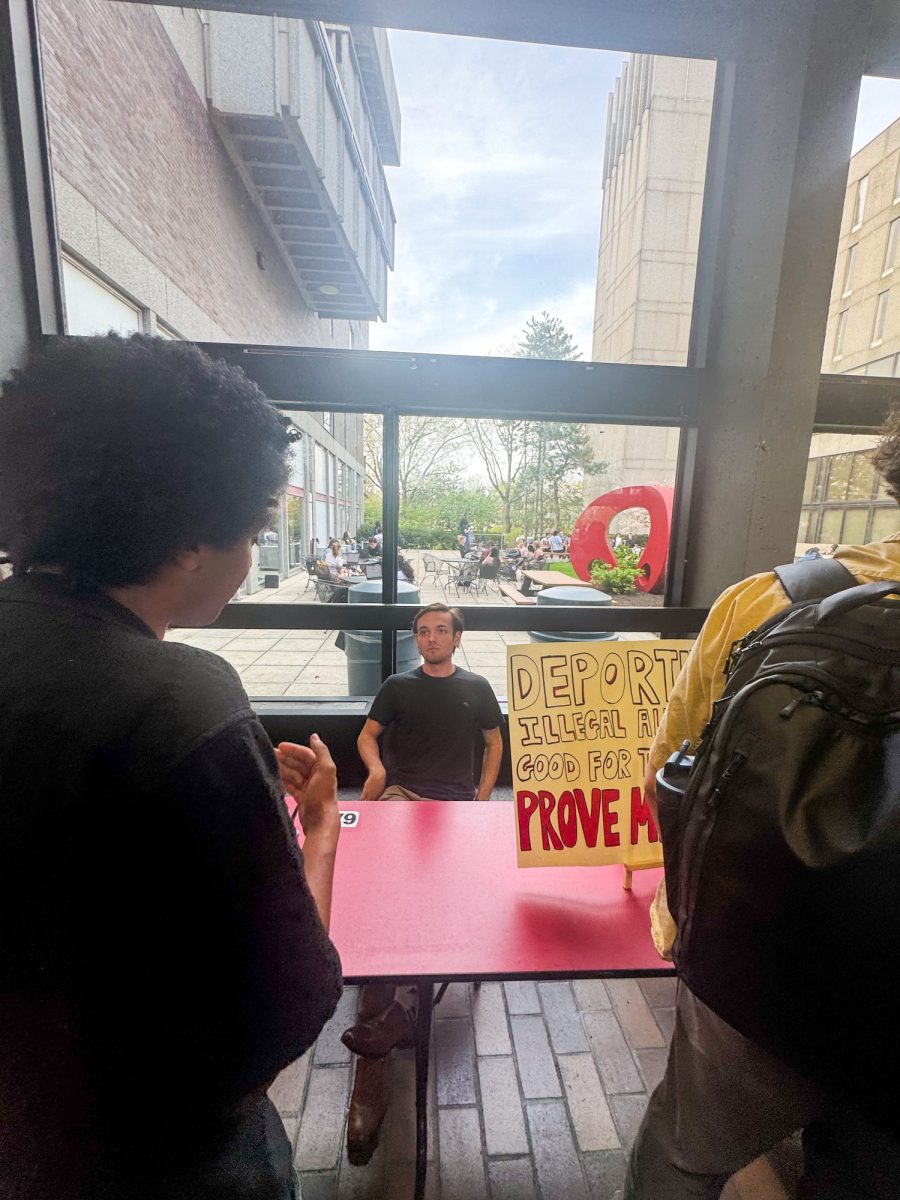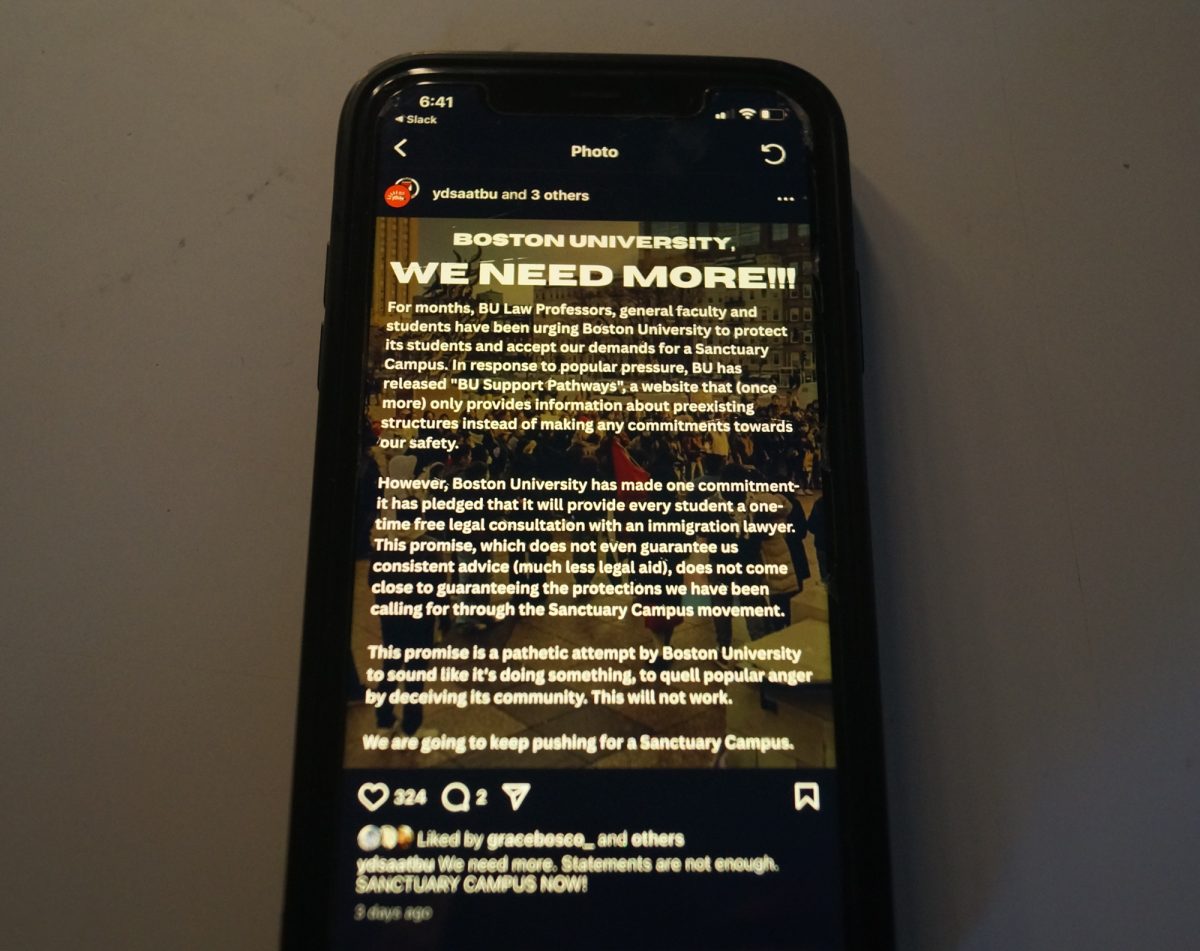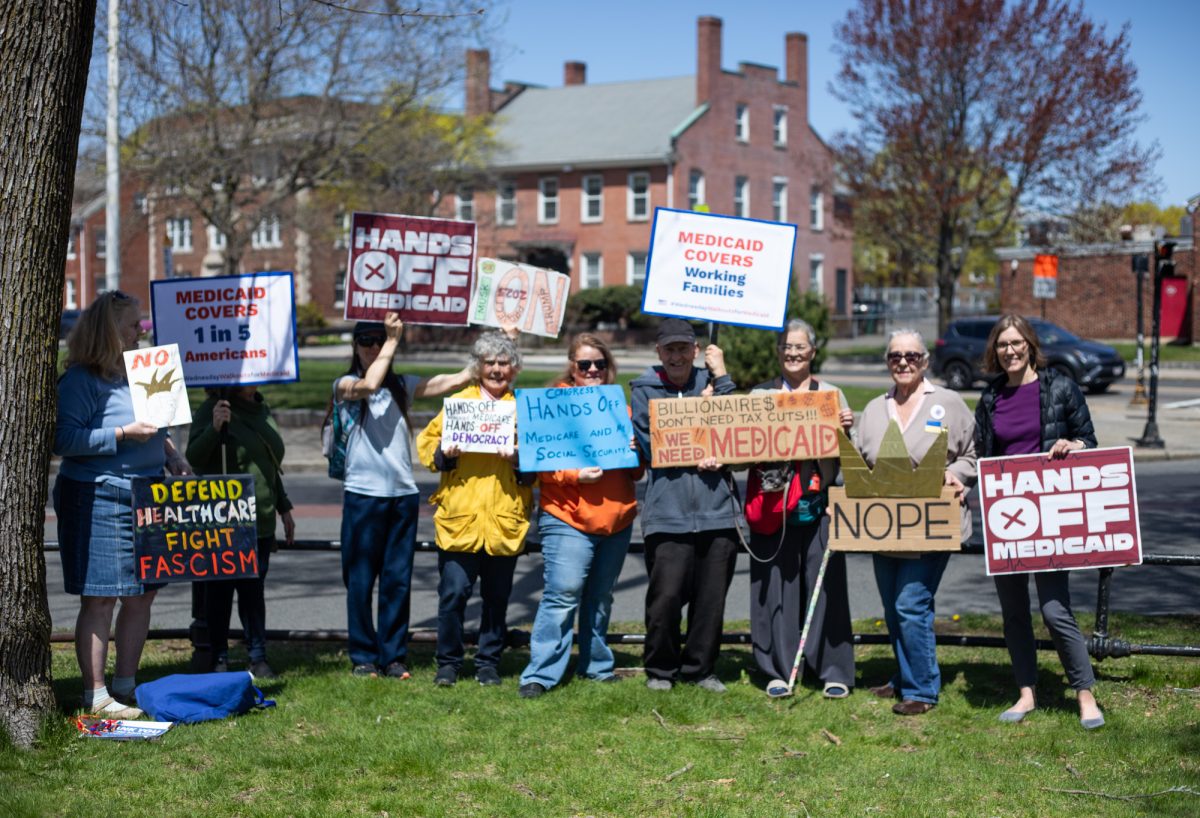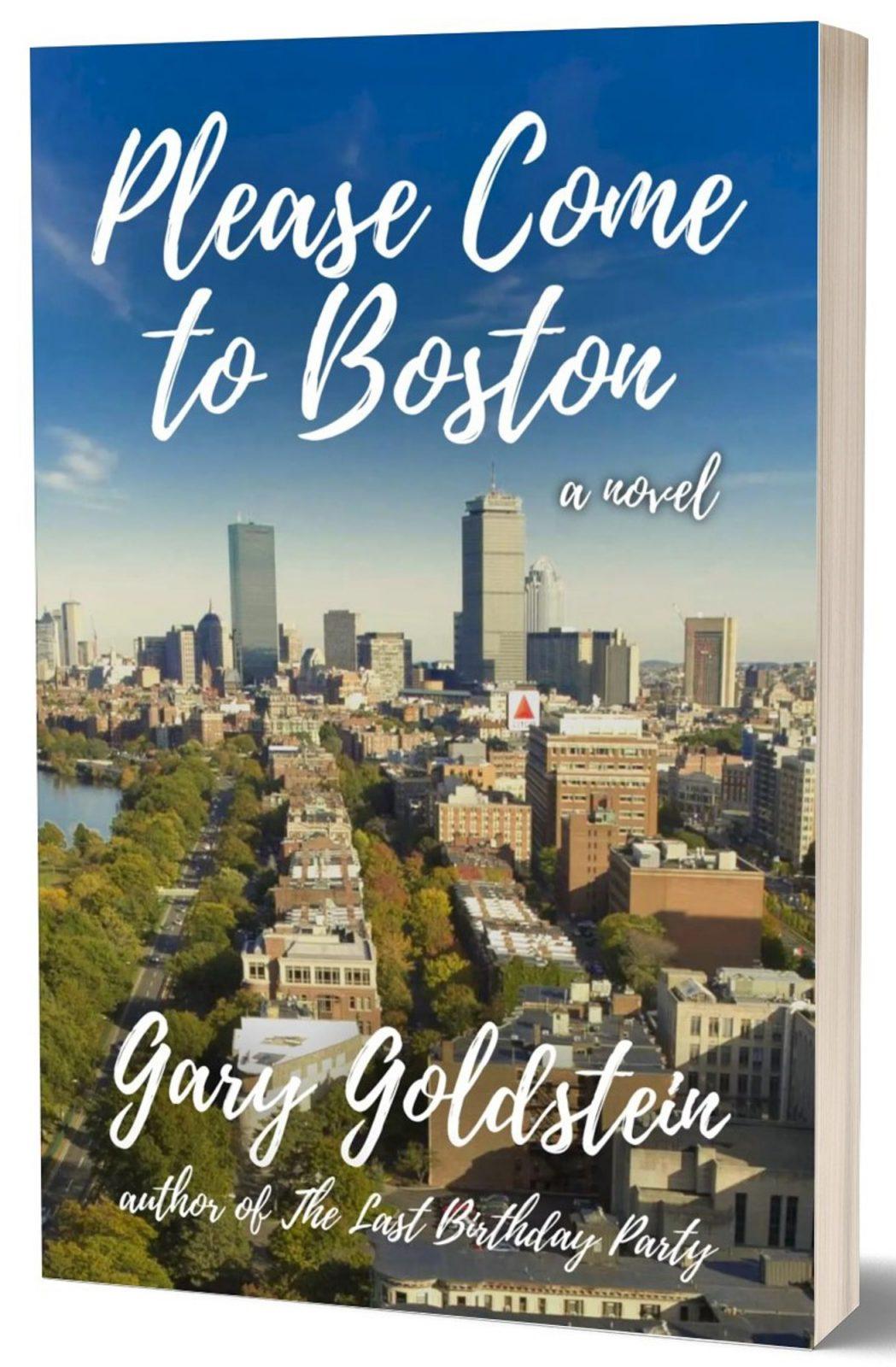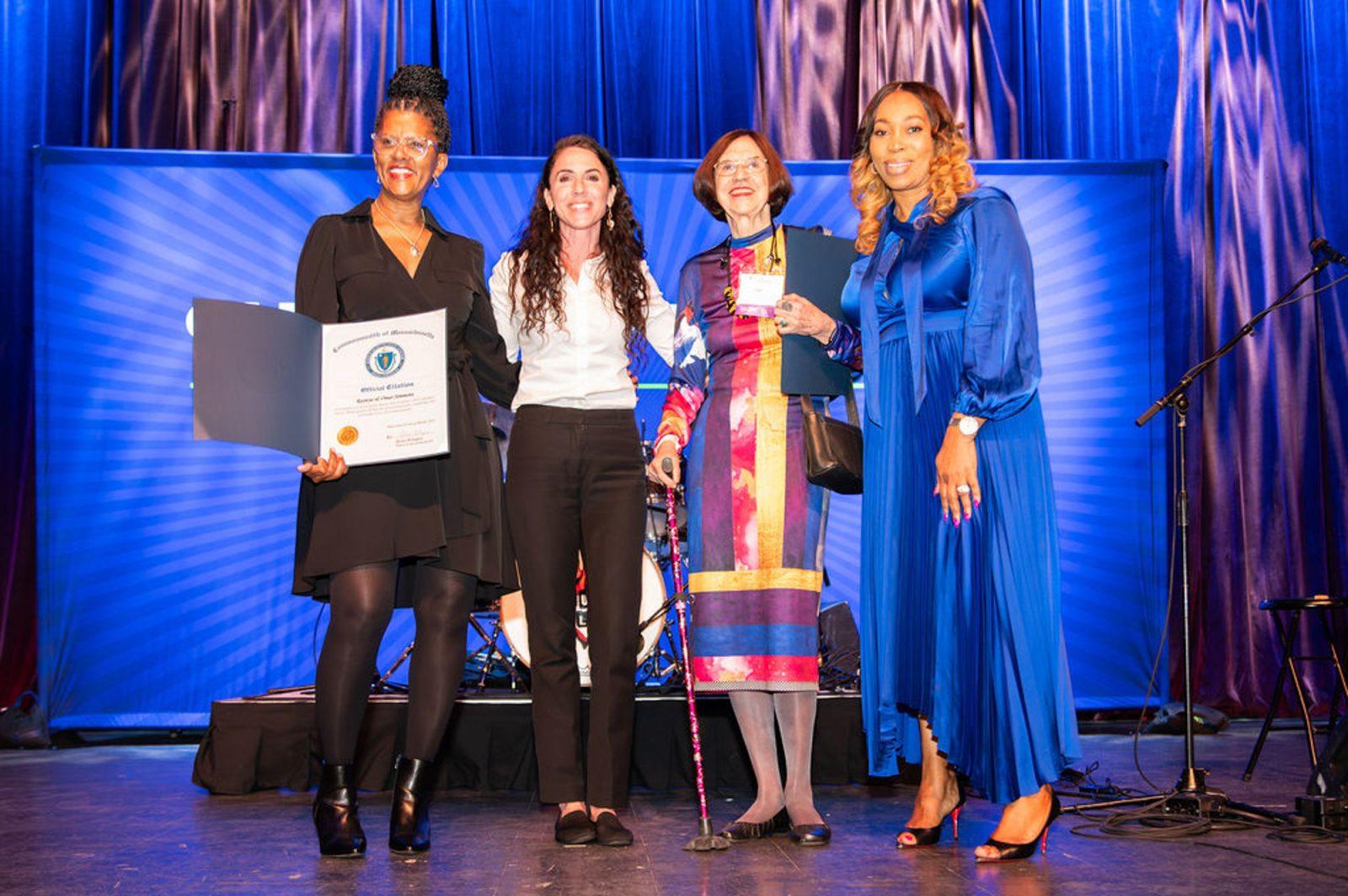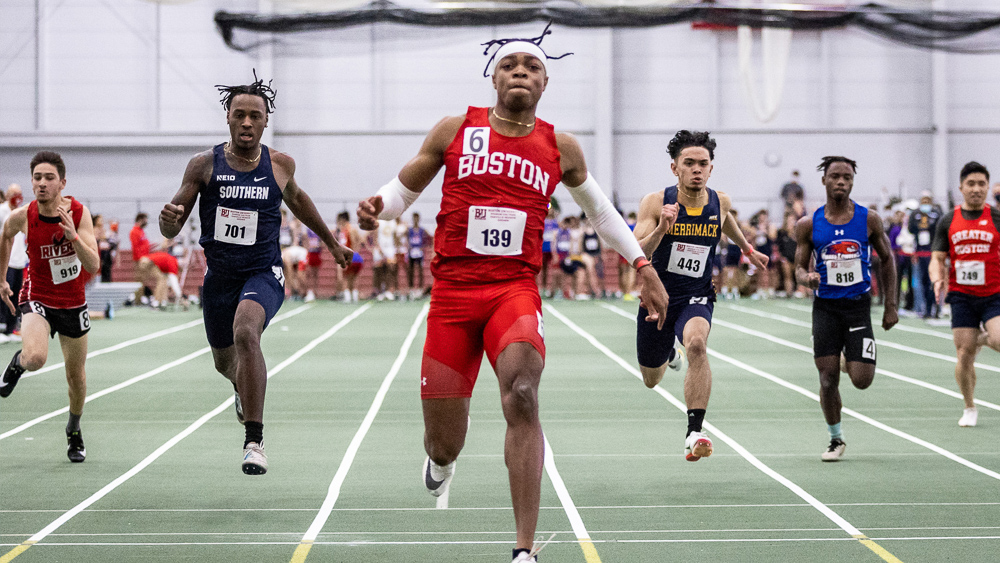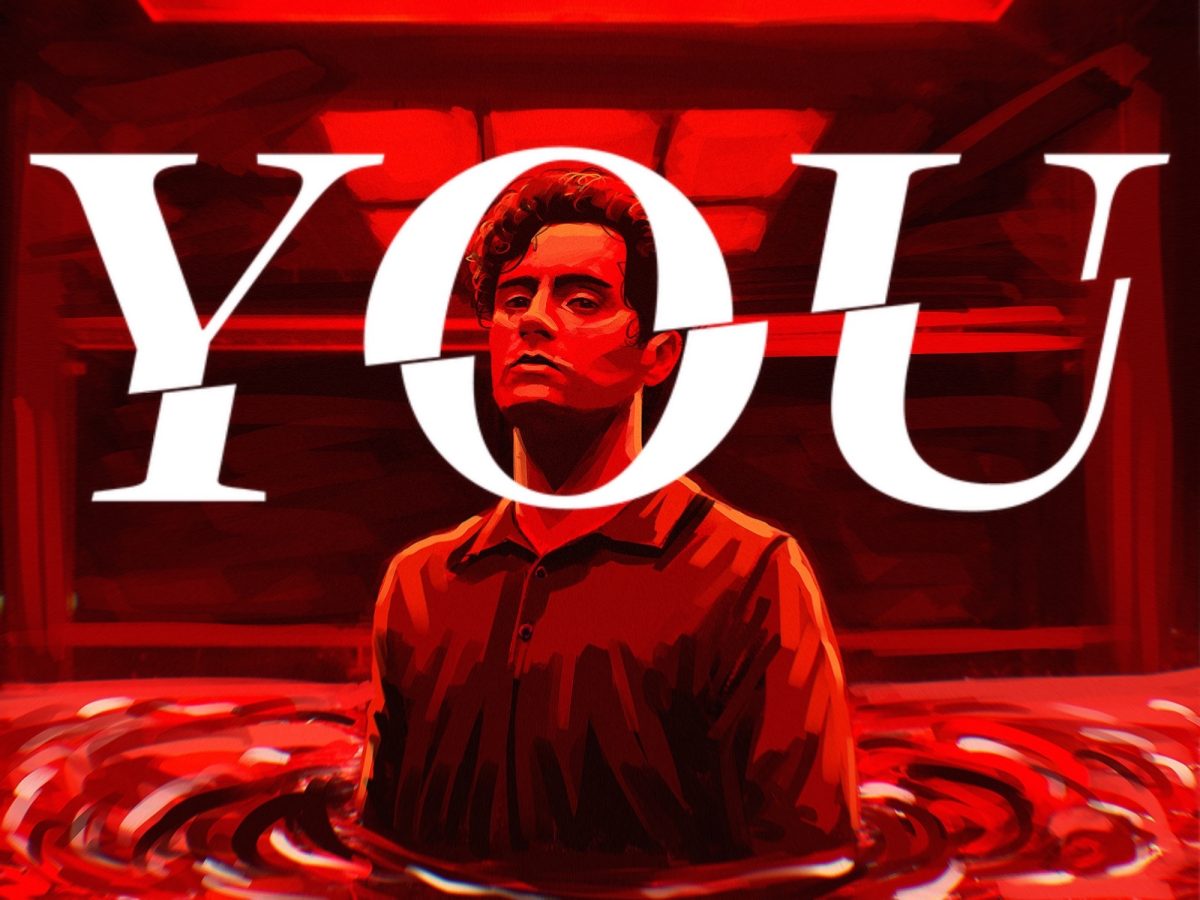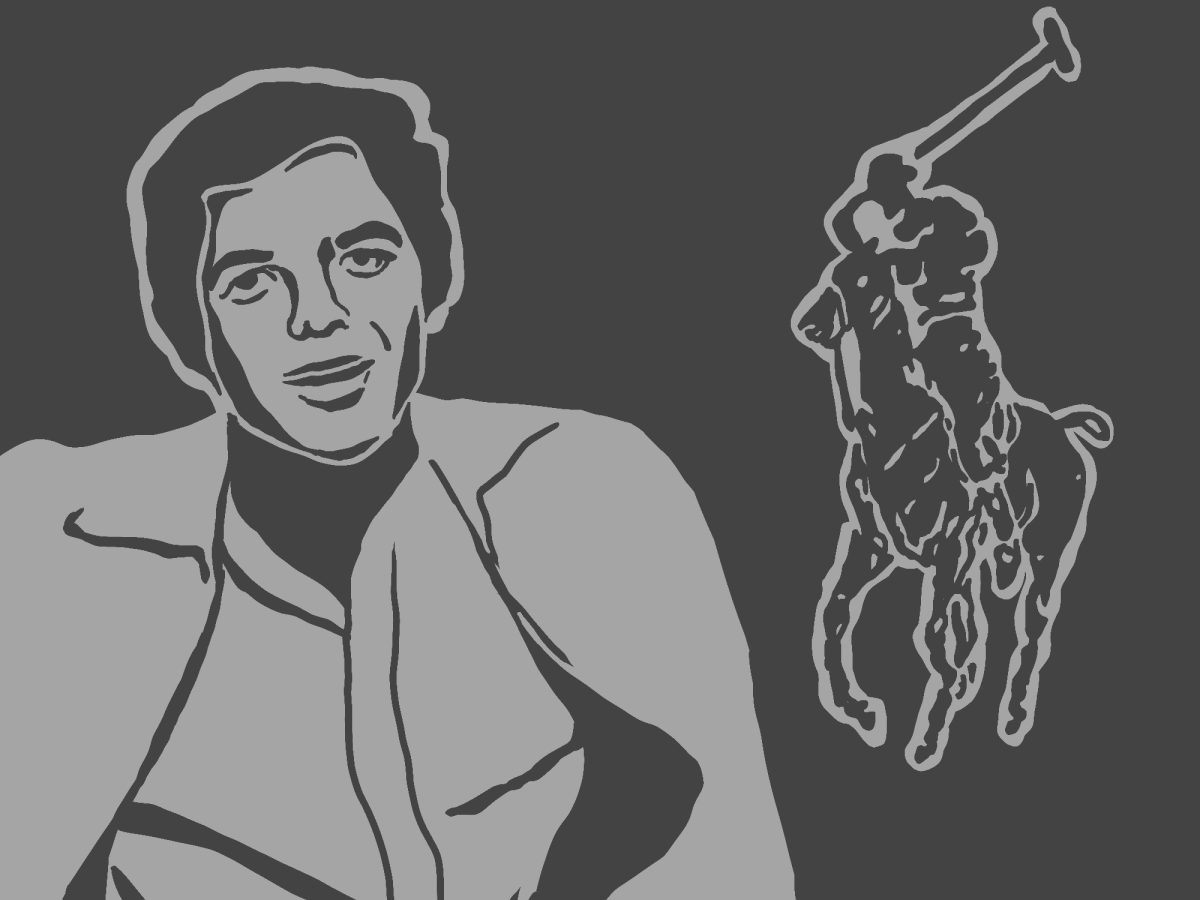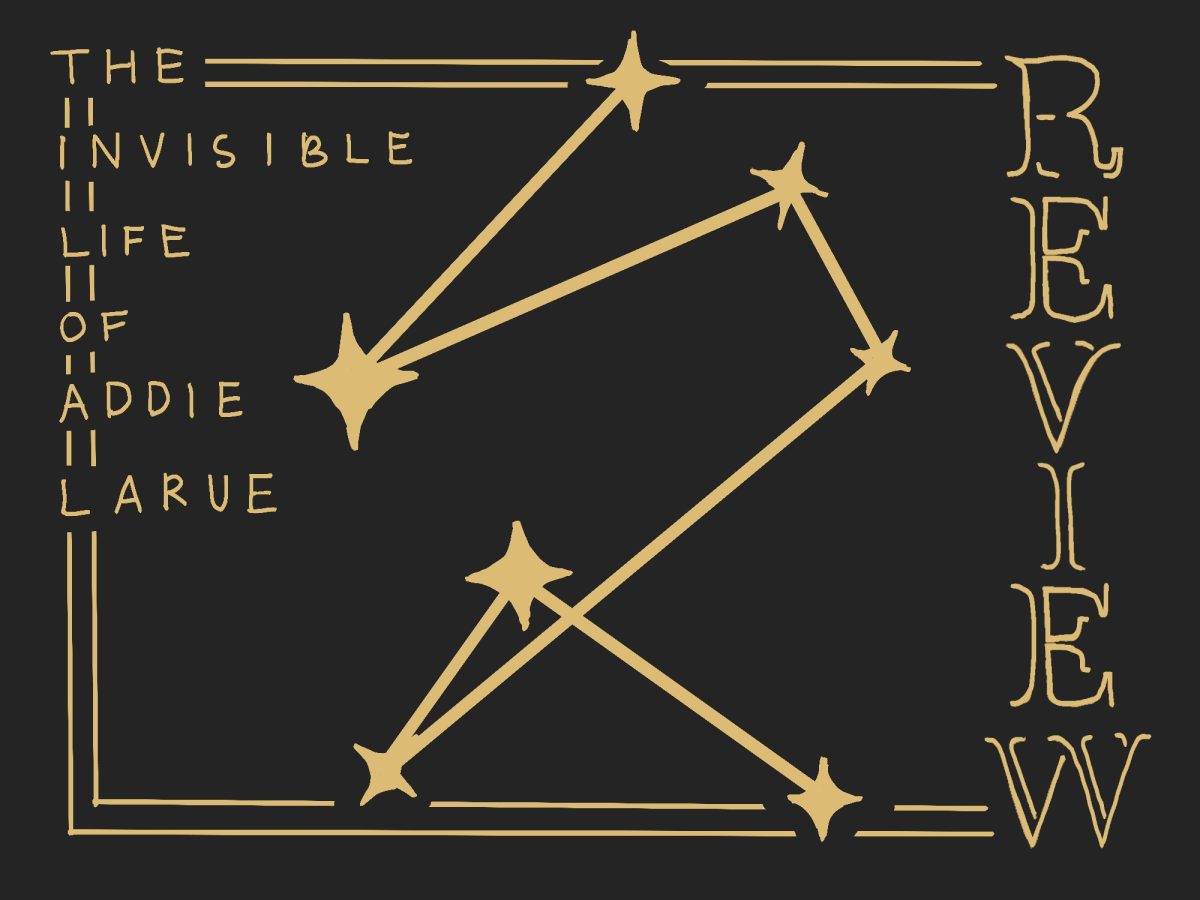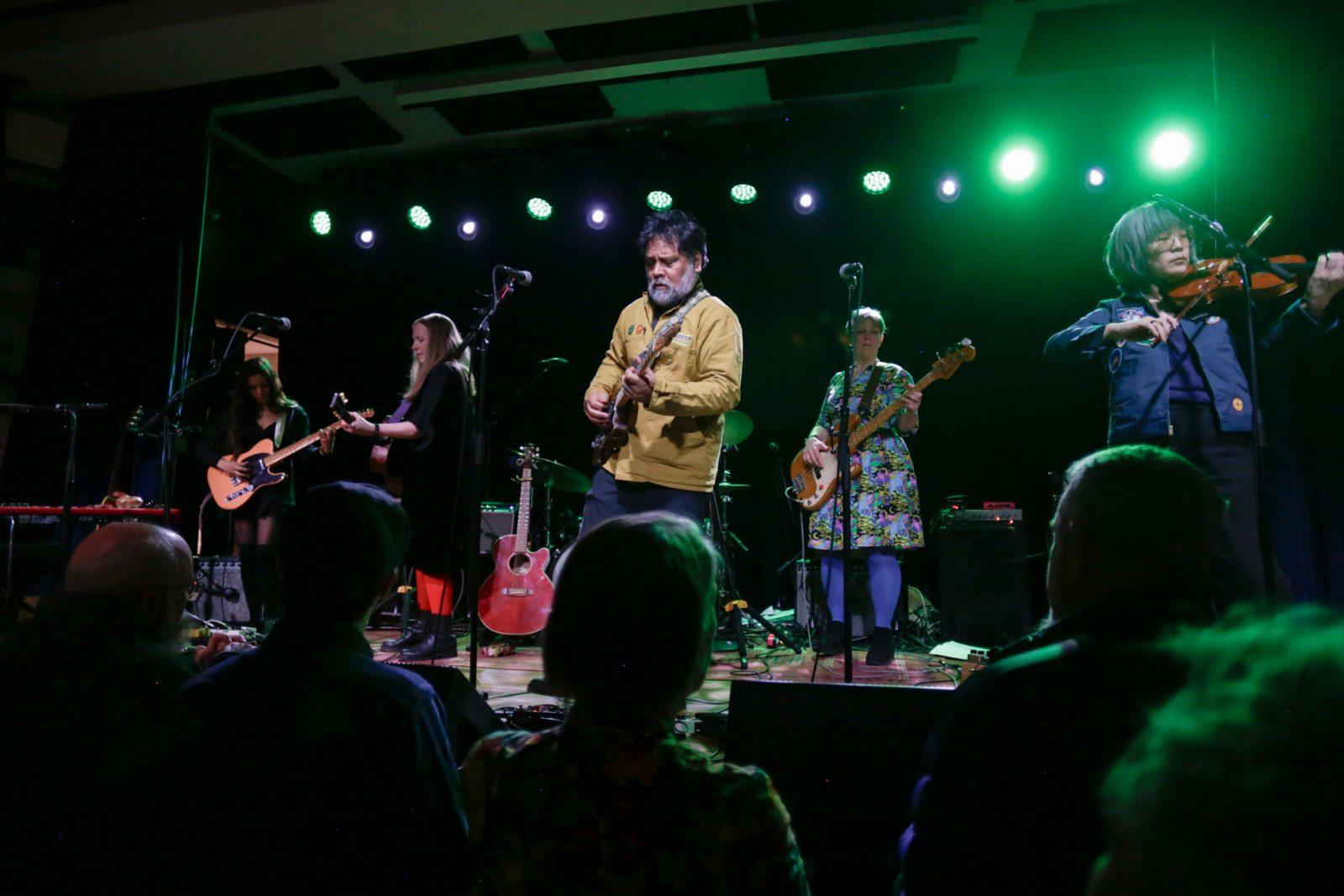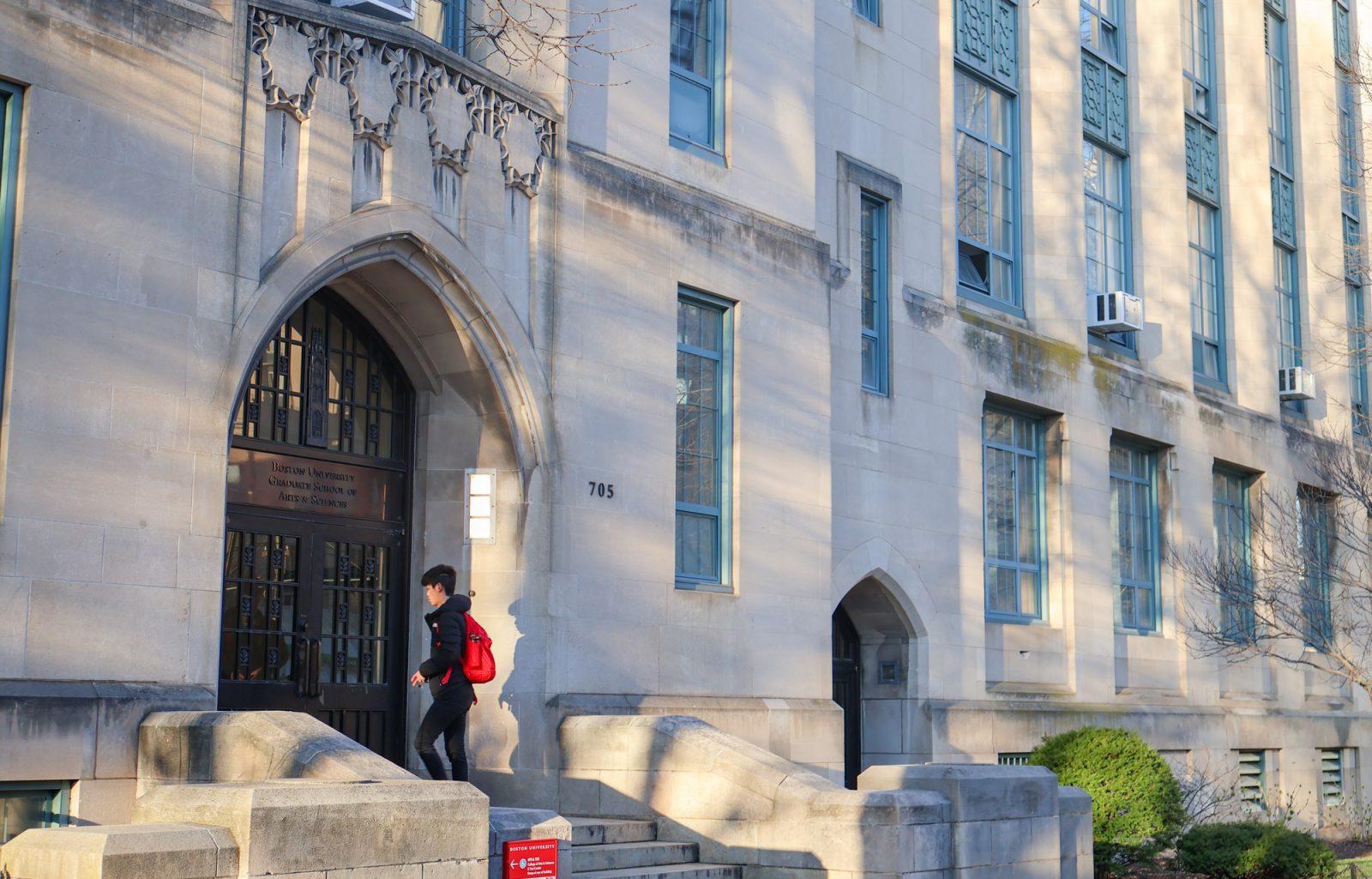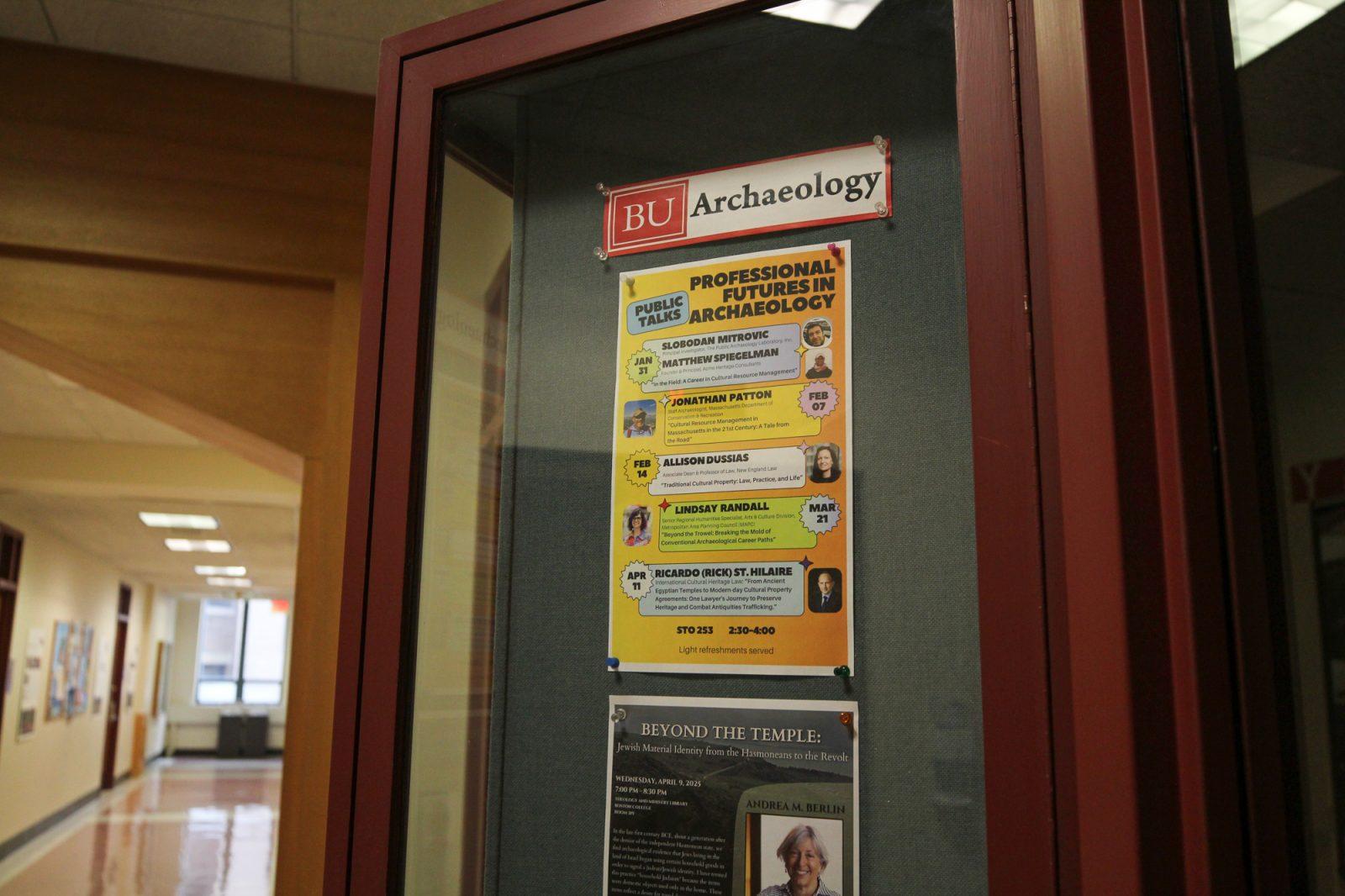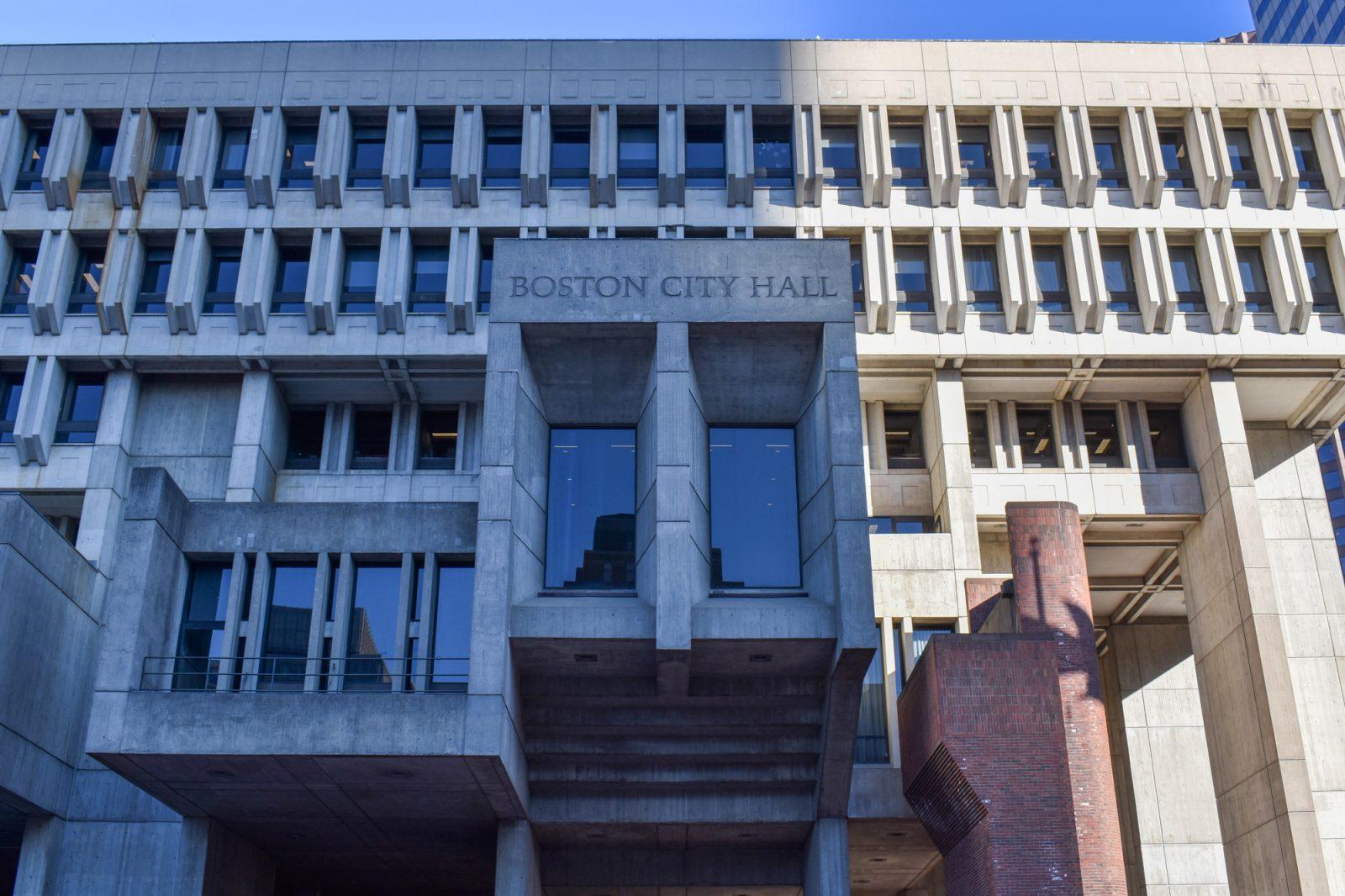If Michael Clayton isn’t one of the best movies of the fall, then it’s going to be a great fall for movies. First-time director Tony Gilroy, better known as the screenwriter of Devil’s Advocate and the Bourne series, has crafted a methodical, absorbing drama that unsparingly probes the depths of its characters’ morality. It’s a thriller of the soul, an agonizing look at the choices we make and the quiet consequences we face, without easy answers or a simplistic catharsis.
George Clooney stars as the title character, a “fixer” in a corporate law firm who suddenly suffers a crisis of conscience when a fellow attorney (Tom Wilkinson), who is defending a chemical company in a lawsuit, seems to lose his mind. Amid pressure from his personal life, his boss (Sydney Pollack) and the chemical company’s chief counsel (Tilda Swinton), Clayton must figure out whether he’s on the right side and just how much that’s worth.
In person, Gilroy is engaging and passionate about his work and his approach to writing characters. In an interview with The Muse, he talked about Michael Clayton, his other films and his advice for film students at BU, which he attended for two years in the ’70s. He lived in Warren Towers, briefly, before dropping out to be in a band, something he swears you shouldn’t do. Sort of.
Is there a common thread throughout your work, from Devil’s Advocate through the Bourne movies and to this, about people who lose their moral compass — or turn it off — and their quest to get it back?
Yeah. I’m much more aware of that. I hadn’t really ever had to go out and talk about my work, the library of it, until coming out to sell this film. There is a common question that seems to rise up in all these films. People keep saying, “The Bourne films have all this external paranoia, Michael Clayton has all this external paranoia and Devil’s Advocate is paranoid. What’s the attraction in that?” I don’t see it that way. The problem is the villain that’s inside all of those people.
And, yet, there are no real villains and no real heroes in this movie. What can you say about that?
There’s no mystery about who’s doing anything in this film. It’s really about how they do it, and why they do it. And, as a dramatist, the most interesting thing for me is the moment that usually gets passed by, which is the moment of decision. You’re actually watching people make those decisions in front of you.
You have [director and sometimes-actor] Sydney Pollack in your cast. Were you thinking about some of those movies from the ’70s that deal with whistleblowers and conspiracies?
It was much more a mindset and a smell and an attitude. What you had in those films and that era of filmmaking was the very best people at the top of their skills being able to work on films that had a pretty high level of ambiguity and complexity. They didn’t have to be explained, they weren’t research-tested, and you didn’t have to go out and make sure that you were going for a total audience. It was a whole attitude about storytelling. It’s the best actors; it’s writers who are really on point. These are urgent stories that are really well-told, really well-made, really well-performed.
You dropped out of BU after your sophomore year. Now, you’re directing a movie with George Clooney. Is the message drop out while you have the chance?
No! Don’t drop out. But don’t – ah, never mind, I’m not going to say anything else.
Don’t drop out? You sound hesitant.
I don’t care what you do actually.
Not me?
I mean, generally. Stay interested. Make stuff. Keep making stuff…I’ll be honest, I’m not a big film school fan. We’ve got all these people who know how to do stuff, but they don’t have anything to say. Study anthropology, travel, do weird jobs. But the most important thing is to make stuff. You have to make lots of bad s–t before you can make something good.


